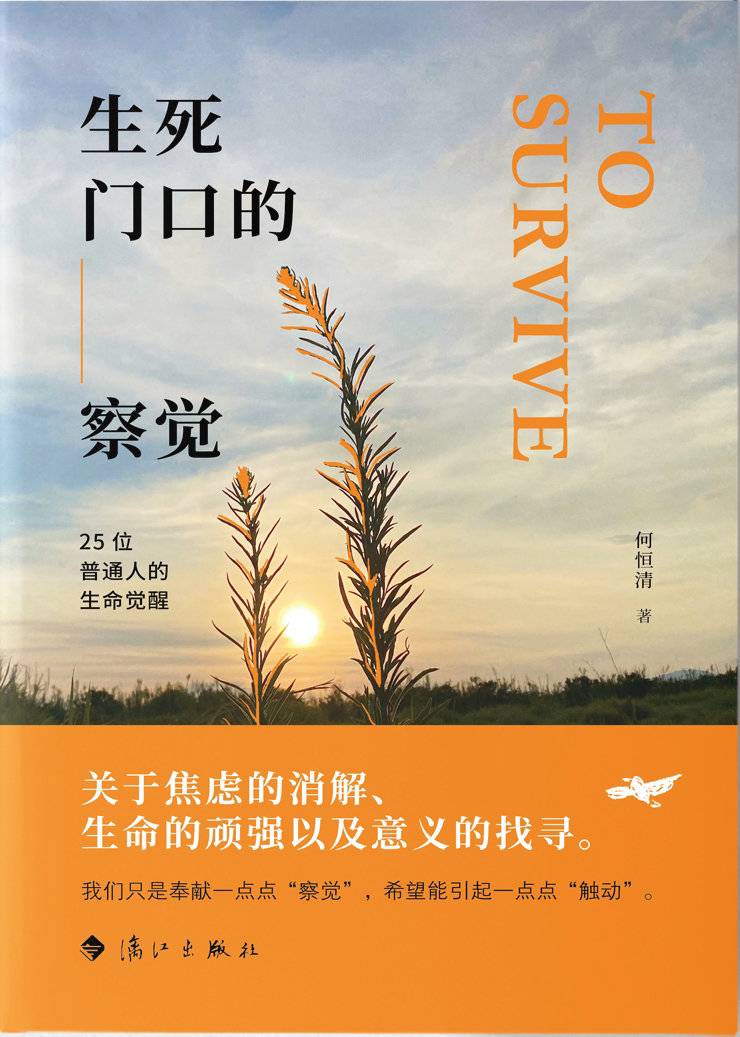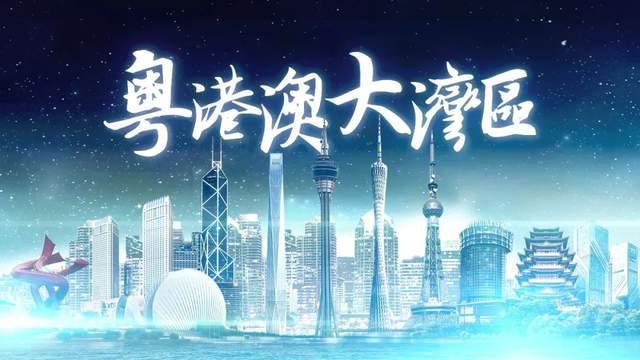Reading 丨 "Detective at the Gate of Life and Death" A reflective mirror opposite the life
Author:Cover news Time:2022.06.27

Text/Li Meiji Publishing Party Pictures
Narrative medicine is an important practice of medical humanities. It regards parallel medical records as stories and emphasizes the healing power of storytelling. At the same time, there is also a creative practice of "telling medical stories", which may be called the "medical narrative" of the people, which is a more affordable manifestation of humanities in medical humanities. For example, the American medical drama "Story of the Emergency Room" and "Monday morning", etc., convey the medical views in the form of a TV series to help the people understand the uncertainty and complexity of medicine; The theme essay activities such as the story of the affected stories are closer to the distance between the hospital and the people. He Hengqing's "Awareness of the Gate of Life and Death -The Awakening of Life of 25 Ordinary People" is also such a "medical narrative", and it reflects the extreme conditions of the disease, that is, the experience and perception of the once dying patient, which is related to the one. Life is about death, which is the in -depth question of life and death philosophy.
Death is the ultimate subject of human beings, but it is often avoided. However, how can you cherish life if you ca n’t penetrate death? Therefore, in recent years, there have been some books that have broken death and avoid taboos. At the end of life, a profound and vivid dimension provides the death cognition of the living. Today, "The Insight at the Gate of Life and Death" adds a new text to this "life and death narrative" sequence.
Like "Death so much", "The Insight at the Gate of Life and Death" mainly adopts the method of oral recording. Although the sub -title of this book is "25 ordinary people's life awakening", its main character is not only 25, but a capital "I", that is, the author's soul is always present.
From the perspective of the body, the writing of these 25 characters consists of three parts: interview stories, interviews face -to -face, interview notes. In terms of time, it is before, the interview, and after the interview. Therefore, this book contains He Hengqing's expectations and insights after the interview before, not bystander writing of the author's exit, but the "hot writing" that is replaced by affection.
The only death is unable to practice in the world. Death is a journey that can not be returned. No one can die and come back to tell. Therefore, the information between the living and the deceased is actually not equal. The competence of "The Insight at the Gate of Life and Death" is that some people who have reached the door of the death told their previous life and the consciousness of life and death. "ignorance".
There are four models of clinical medicine: war, substitute, palliative, and conformity. The first two models are more common. The war model is targeted therapy. The lesion is used as the target. The alternative model is organ transplantation and reconstruction. Most of the 25 people chosen by He Hengqing are critical patients who have received these two models. Before being forced to the passage of life and death, they either an order for themselves over and over the wine bureau, or lived in the past. It was found out and became a heaven bird for rebirth.
What we could not face death was that we found that we had never lived well. Therefore, when the writer and painter Yu Lishi in "The Insight at the Gate of Life and Death", when struggling with the illness, the desire of life is only: "If you give me a healthy body, a loved man, a pair of children, even let me be a one to be one Farm women, I am also very happy. "
Another person who comes through the wake -up in the book summarizes his changes: before, taking a plane and encountering a large airflow, the plane bumps, you will be afraid. After experiencing these hardships, you can now face a large airflow and big bumps now. Now, face everything, good things, and bad things are used as an experience.
Without exception, after "coming", these 25 interview objects deeply felt that it was not sick! Then he wondered why he didn't know how to cherish it when he was not sick! After "coming", they understood it alive and lived in the present: treat each day as the last day. After "coming", they will look at those who live a "work" sigh, and they will know how to live for beauty. Those who are ignorant can only look back only after feeling the very fragmented of all kinds of fragmentation at close range, realize the beauty of normal, and understand how to cherish ordinary life. After spending a teeth of one or 20,000 yuan, he knew that he had hundreds of thousands of yuan in his mouth.
Behind all of these big realization is the cost of dying. After being abandoned by life, is it too much cost? Can there be a listening that enables us to observe ourselves in the encounters of others and realize it? "The Insight at the door of life and death" is such a listening. What the reader listened was a complaint of 25 people who had reached the door of life and death. People may never be prepared for diseases, so this book is a reminder, a warning, and a psychological pavement. "Nothing can't have money, there is nothing to be sick." Everyone will say this sentence, but it is abstract, and this book is figurative, the real touch of the crying blood of the witness.
When people splurge their lives and negligible health management, they see their bodies and lives, and they will be shocked when they approach the threat of the disease and death. However, it is too late. Some people who come here are reminded in a timely manner before "too late", and the self -report of Nirvana's rebirth is more convincing. The consciousness of life often does not come naturally. Death is the only sober agent in life, so that you will "die" once in your mind, so that you will have a sober life awareness. Reading this book, what we obtain is such a death simulation experience, and it is completed by the narrative of others, and there is a sufficient psychological buffer belt. The text is equivalent to a cushion. There is a persuasion: I often go to the hospital for a walk, and this book allows us to compensate for "going to the hospital". In this sense, it is also the "incense" of giving roses, which is a "parallel medical record" that evokes readers' life and death perception.
The 25 interviewees in the book have experienced Nirvana. They start to let go of utilitarian desires, remove "I stick", and thoroughly realize that everything is a trivial matter except life and death. But is this actually that? Not necessarily. They did not go towards the Buddha from then on, which was the reliability of the value judgment of this book. After all, survival still has to face, life or continuing, otherwise, society will not become a society. However, they all understood: can't overdraw, let them go.
For example, an elevator agent said that in order to get the "Party A's father" project, if life has come again, he may still not choose, but he will no longer at the expense. There are a lot of people who live in alive, understand their own heart, and try to be as much as possible -instead of ignoring everything -to live according to their own wishes, this is a prerequisite for being able to face life and death a day. In fact, everyone has his party A, and every Party A has also done Party B. The entire society is Party A and Party B. Therefore, those helpless reality situations that blindly meet Party A are actually the joint force of many people. , Including yourself. These personnel cases provided by "The Insight at the Gate of Life and Death" are enough to attract readers' anti -bow. If most people have reflection, the whole society is expected to reverse.
Death is the ceiling of life, and death is more certain than life. Therefore, death is a subject that everyone must face, and the "scientist" who highly respects the technology and tools cannot make people gods and souls on the issue of life and death. Writing based on real cases can be done.
There are some emotional details in "The Insight at the Gate of Life and Death", which makes people not forget the impression of life and death. For example, if someone has always wanted to commit suicide after getting sick, then, what makes them give up the idea of suicide? It is a sense of hunger in the stomach -a seemingly incredible reason. "It is also strange. Once a man has a hunger, he starts to think of the life outside the ward and miss the delicious and fragrant ones outside. Once the desire for food is restored, the idea of suicide gradually weakened. Survival will survive. Desire is getting stronger and stronger. "
Regarding life, such details are like a switch, which has an unforgettable touching effect on people. There was another person falling from the high -rise building when there was an accident. He described the feeling when he fell: at the time, his body was at high altitude and felt that he could not see the ground for a long time. Such an incredible monk is also an impossible experience that ordinary people cannot have. There was a patient who didn't realize that he was sick at all, so he caught the rescue and said in his heart: Don't call me, I have woke up. This soul's experience is unimaginable, and it is more like a nightmare than a nightmare.
He Hengqing asked an interviewee, do you believe in the next life? The interviewees answered, don't believe it, let's live this life first. This is a firm materialism, and it is also a kind of view that lives in the present and lives in this life. Unknown life, knowing death? Similarly, unknown death, knowing life? The question of life and death is the biggest soul mother question. The answer is endless, and even the same person will have different answers.
He Hengqing once thought that he had already understood death and proved his life. It was not until he encountered a car accident that he found out: Among them, the party's "I" was reluctant to take another question "I". That is to say, people's "ego" and "super self" are inconsistent in treating life and death, one is escaping and one is follow -up. Just as it is difficult to do it, even if you realize life and death, your body will still be constrained. However, the cognition of the value of life in the heart is different after all. As in the book, everyone is rushing on the road, but not everyone knows where they are going. I hope we will not look at the office when they retire and ask ourselves: What have been done in the past few decades? This book may be in Qi Wu, we ask ourselves: Where am I going? This is the floating surface of daily life, a question about living.
- END -
How to use a color to depict "Guangdong -Hong Kong -Macao Greater Bay Area Literature"?

Core readingIf you use a color to describe the literature of the Guangdong -Hong K...
The theme event of "New Era Civilization Practice · Civilized Etiquette Promotion Month" in Guangzhou

The theme event scene of New Era Civilization Practice · Civilized Etiquette Prop...